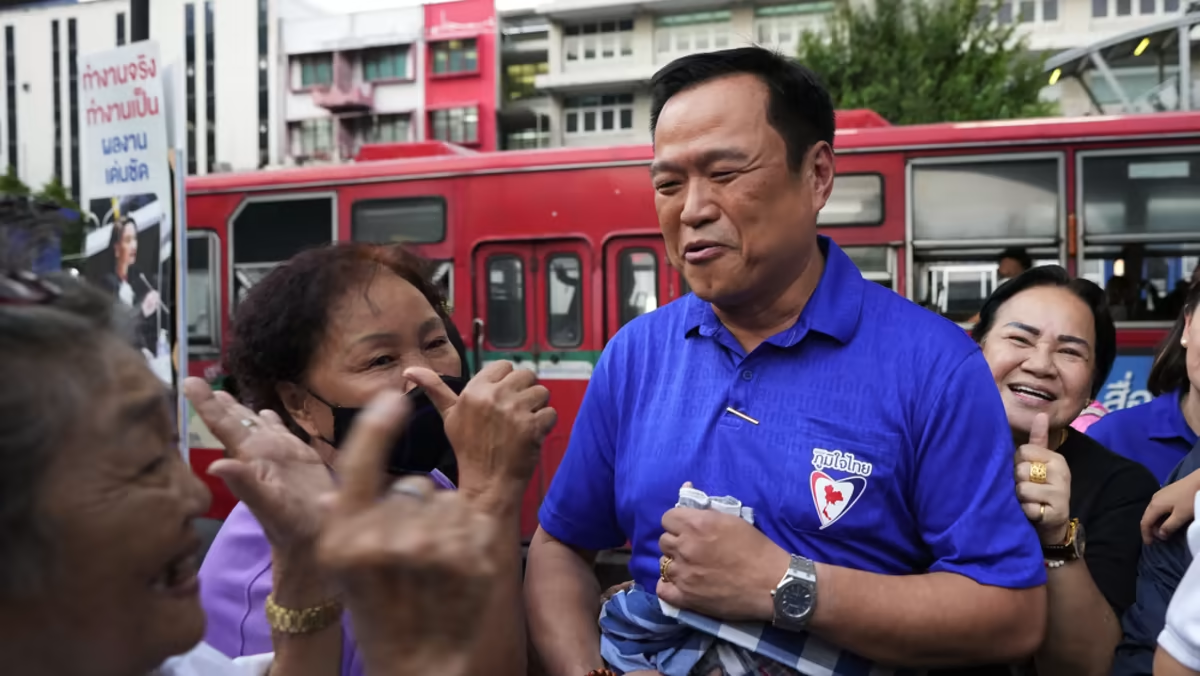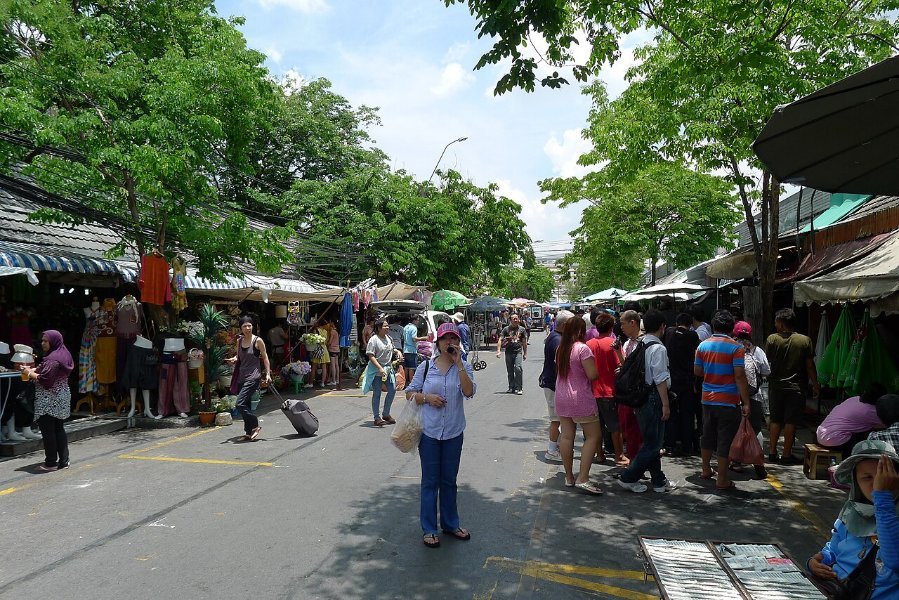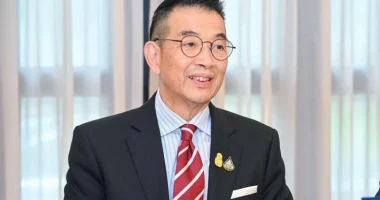Opposition Gains Momentum
Bhumjaithai Leads No-Confidence Push
On June 30, 2025, the Bhumjaithai Party, recently withdrawn from the ruling coalition, drafted a censure motion against Prime Minister Paetongtarn Shinawatra, citing her controversial phone call with Cambodian Senate President Hun Sen as a threat to national security. The party, led by Anutin Charnvirakul, aims to rally other opposition groups, including the Palang Pracharath Party, to support the no-confidence debate, escalating Thailand’s political turmoil.
Details of the Controversial Call
Allegations of Disloyalty
Bhumjaithai’s spokeswoman, Boonyathida Somchai, criticized Paetongtarn for allegedly speaking negatively about the Second Army Region’s commander during the June 15 call, accusing her of aligning with Hun Sen amid strained Thai-Cambodian relations. The leaked conversation, which sparked public outrage, reportedly showed Paetongtarn promising to meet Hun Sen’s demands, fueling perceptions of compromised national interests.
Public Trust Erodes
Plummeting Popularity
A recent opinion survey highlighted a sharp decline in Paetongtarn’s approval ratings following the leaked call, with only 9.2% favoring her as prime minister, per a June 2025 NIDA poll. Boonyathida emphasized that Paetongtarn’s failure to acknowledge her misstep has damaged public confidence, urging her to clarify her actions in a parliamentary debate to address widespread criticism and restore trust.
Coalition Fallout Fuels Action
Bhumjaithai’s Exit Sparks Tensions
Bhumjaithai’s departure from the Pheu Thai-led coalition, after losing the interior minister post, has intensified political friction. The party’s censure motion reflects not only discontent with Paetongtarn’s leadership but also strategic positioning ahead of potential government reshuffles. With 70 seats in parliament, Bhumjaithai’s move could sway smaller parties like the Fair Party and Thai Sang Thai to join the opposition’s push.
Opposition’s Strategic Pause
Awaiting Constitutional Court Ruling
People’s Party leader Natthaphong Ruengpanyawut, the opposition head, adopted a cautious stance, noting that a Constitutional Court ruling on July 1 could suspend Paetongtarn, potentially negating the need for a censure motion. He highlighted alternative parliamentary mechanisms to scrutinize the government, signaling a multi-pronged opposition strategy as Thailand navigates a volatile political landscape.
Broader Political Implications
Testing Thailand’s Stability
The censure motion underscores deepening divisions in Thai politics, with the Hun Sen call controversy amplifying calls for Paetongtarn’s resignation. As protests grow and legal challenges loom, the government faces pressure to stabilize its coalition, which holds a slim 255-seat majority. The outcome of the court ruling and opposition maneuvers could reshape Thailand’s leadership, impacting its 1.9 trillion baht economy, per 2025 estimates.









